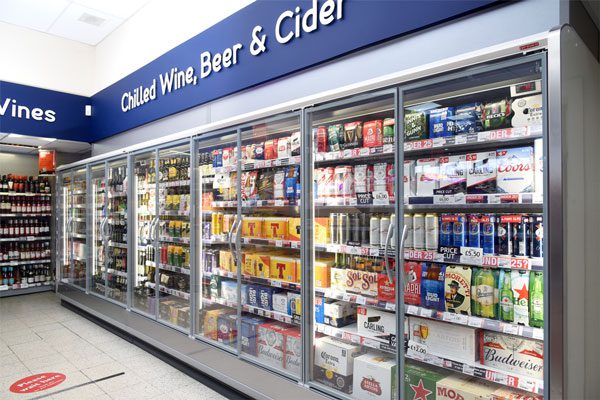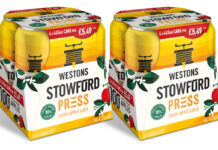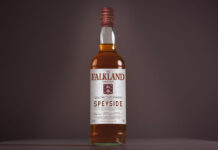Potential price rise on booze is ‘not the only solution’

CONVENIENCE channel chiefs are warning against a big rise in Scotland’s minimum unit pricing (MUP) for alcohol – arguing that other measures would be more effective in tackling problem drinking.
The alcoholic drinks industry is being consulted by ScotGov on the possibility of increasing the MUP from 50p to more than 80p, with a final report due to go to MSPs to consider later this year.
The current policy, in place since 2018, expires next year and the Scottish Parliament must vote before 1 May next year on whether or not MUP will continue or be increased.
Scottish Grocers’ Federation (SGF) chief exec Pete Cheema said: “Many households are struggling with the cost of living and inflation is driving up prices for both retailers and customers, hitting day-to-day shopping baskets.
“The last thing we need is for an MUP hike that could further impact on inflation and people’s already tight budgets.
“SGF promotes responsible retailing. We believe education will be far more effective and sustainable over yet more regulation and costs passed down from government.”
He warned that piling more pressure on convenience stores, which were at the heart of their communities, and local producers would make them less viable during an already challenging time for the economy.
Hussan Lal, the Fed president in Scotland, said the trade body could see the argument for increasing a price that was set five years ago but thought a rate of more than 80p was “over the top”.
He explained: “This could price out those who look forward to a beer or a glass of wine. It would be particularly hard when family budgets are already badly squeezed by the cost-of-living crisis.”
While the Fed welcomes any cut in harmful drinking that blights many lives, it believes MUP can only be part of the solution.
Lal said: “There needs to be highly effective campaigning to help change Scotland’s attitude towards drink and therapy for problem drinking needs to be much more widely available.”

















